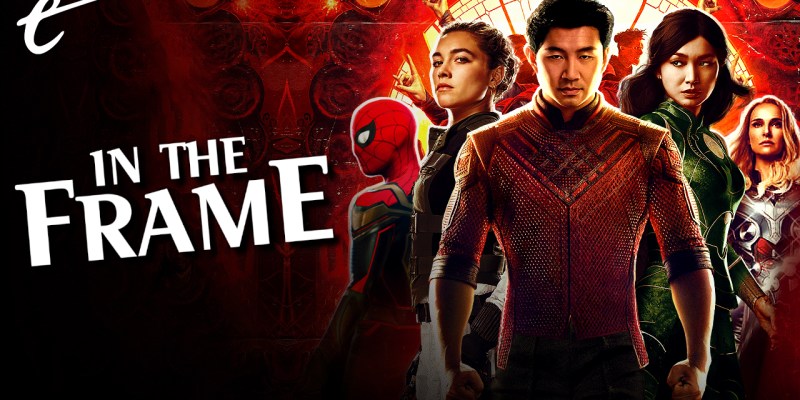This week, there was another cycle of the familiar debate about “superhero fatigue.”
Appearing on The Movie Business Podcast, the president of Marvel Studios, Kevin Feige, was asked directly whether he thought that audiences would ever tire of superhero film and television. “I didn’t really understand the question,” Feige responded. “Because to me, it was akin to saying after Gone with the Wind, ‘Well, how many more movies can be made off of novels? Do you think the audience will sour on movies being adapted from books?’”
Feige pressed his argument, “You would never ask that because there’s an inherent understanding among most people that a book can be anything. A novel can have any type of story whatsoever.” In a very literal and technical sense, Feige is correct. There is an incredible diversity within comic books as a medium, from the work of legends like Will Eisner and Jean Giraud to the thriving indie scene or even international markets like Japanese manga, which aggressively outsells American comics.
However, there’s also a sense in which Feige’s response avoids the question that is actually being asked. Feige is right that Hollywood is still adapting novels. In fact, the success of something like All Quiet on the Western Front among this year’s Oscar nominees demonstrates that filmmakers are still readapting the same novels to great success.
So it’s worth defining the idea of “superhero fatigue,” because discussions over the concept tend towards insistent absolutes. Most obviously, the argument isn’t that superhero movies will suddenly cease to exist, to the point that future audiences will have no idea what a superhero is. That isn’t how media and storytelling works. Hollywood still makes movies in black and white, like Mank. Indeed, there are still occasionally silent movies, like The Artist.

However, genres rise and fall in popularity. For example, the romantic comedy was one of the most reliable genres of the 1990s. Pretty Woman was the second highest-grossing movie of 1990. Mrs. Doubtfire and Sleepless in Seattle both ranked in the top five at the domestic box office in 1993, the same year that Jurassic Park was released. However, these days the romantic comedy is largely confined to streaming releases like Set It Up or Rosaline.
Discussions of the superhero genre tend to return to the western, a genre that dominated American pop culture in the middle decades of the 20th century. Steven Spielberg famously made that comparison, while acknowledging the western didn’t exactly become extinct after its decline in popularity. As Spielberg conceded, “It doesn’t mean there won’t be another occasion where the Western comes back and the superhero movie someday returns.”
The western lingers. Yellowstone is among the most popular franchises on American television. Last year, BBC and Amazon teamed up to make The English. Quentin Tarantino’s work on Django Unchained and The Hateful Eight demonstrated that the genre could still be successful. However, the genre is a long way from 1948, a year where John Wayne could headline three separate westerns: Fort Apache, Red River, and 3 Godfathers.
Crucially, though, the western survived by evolving and changing. The classic westerns of John Ford and John Wayne are unrecognizable when compared to something like The Revenant or Slow West. The genre had to reinvent itself, most notably through the spaghetti westerns typified by Sergio Leone’s Dollars trilogy. Most modern westerns exist at a step removed from those westerns, making them a response to a response to the genre’s commercial and cultural peak.
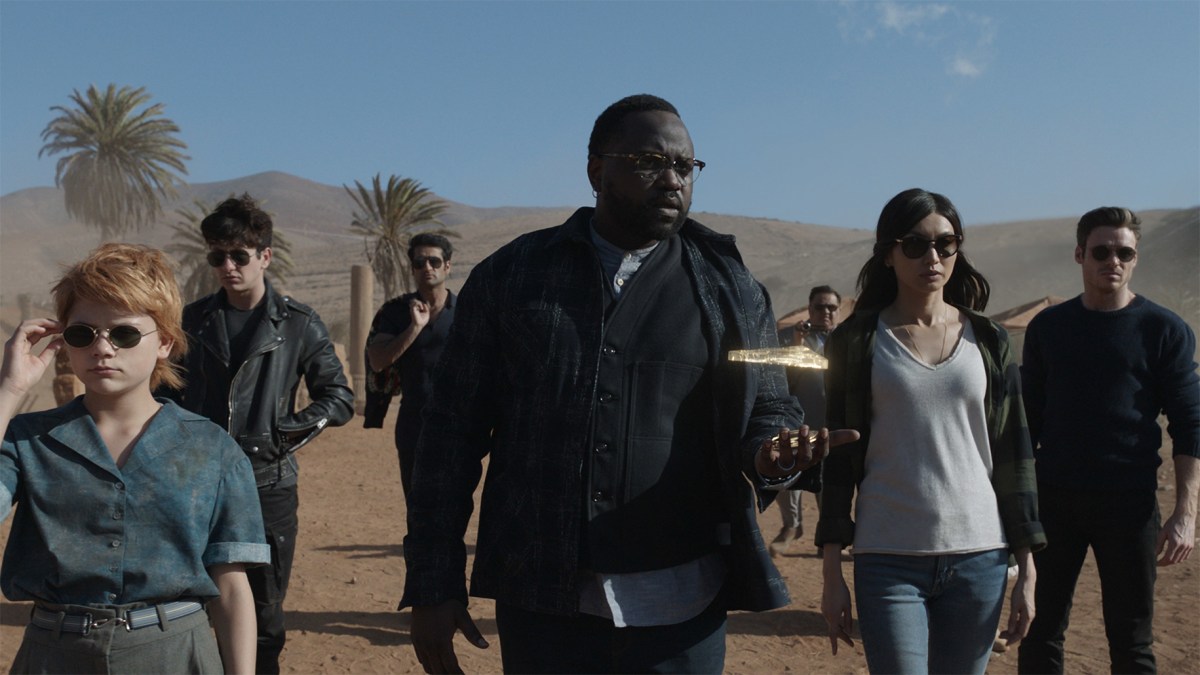
This is what Feige’s answer to that question misses. For these genres to sustain themselves across decades, they need to demonstrate an ability to adapt and shift. After all, Feige’s comparison to adaptations of novels is disingenuous. Hollywood adapts a wide variety of books into a wide variety of films. Feige cites Gone with the Wind as the archetypal adaptation, the most successful film ever made adjusted for inflation, but it is worlds removed from something like White Noise.
Feige’s right that there are a wide variety of comics being published and that, theoretically, a “comic book movie” can be as diverse a descriptor as “novel adaptation.” However, to put it simply, the problem is that “comic book movie” isn’t an especially diverse descriptor. In the modern multimedia landscape, to mass audiences, it doesn’t encompass an array of films as distinct as, say, Guillermo del Toro’s Pinocchio, Bones and All, and Bullet Train, to pick three novel adaptations from last year.
To be clear, there was a time when the term “comic book movie” could be applied to a number of high-profile films in a variety of tones and registers. Somebody going to the cinema to watch a “comic book movie” in 2005 could see films as distinct as David Cronenberg’s A History of Violence, Robert Rodriguez and Frank Miller’s Sin City, Christopher Nolan’s Batman Begins, Francis Lawrence’s Constantine, Tim Story’s Fantastic Four, or James McTeigue’s V for Vendetta.
These were all very different films in terms of narrative, tone, style, and genre. Some were very good and some were less good. Many had a distinct aesthetic owing to a particular filmmaker’s style, and a couple were visually adventurous. A History of Violence even picked up some Oscar nominations, the latest in a line for high-profile and well-reviewed adaptations of non-superhero comics that included Ghost World and Road to Perdition.
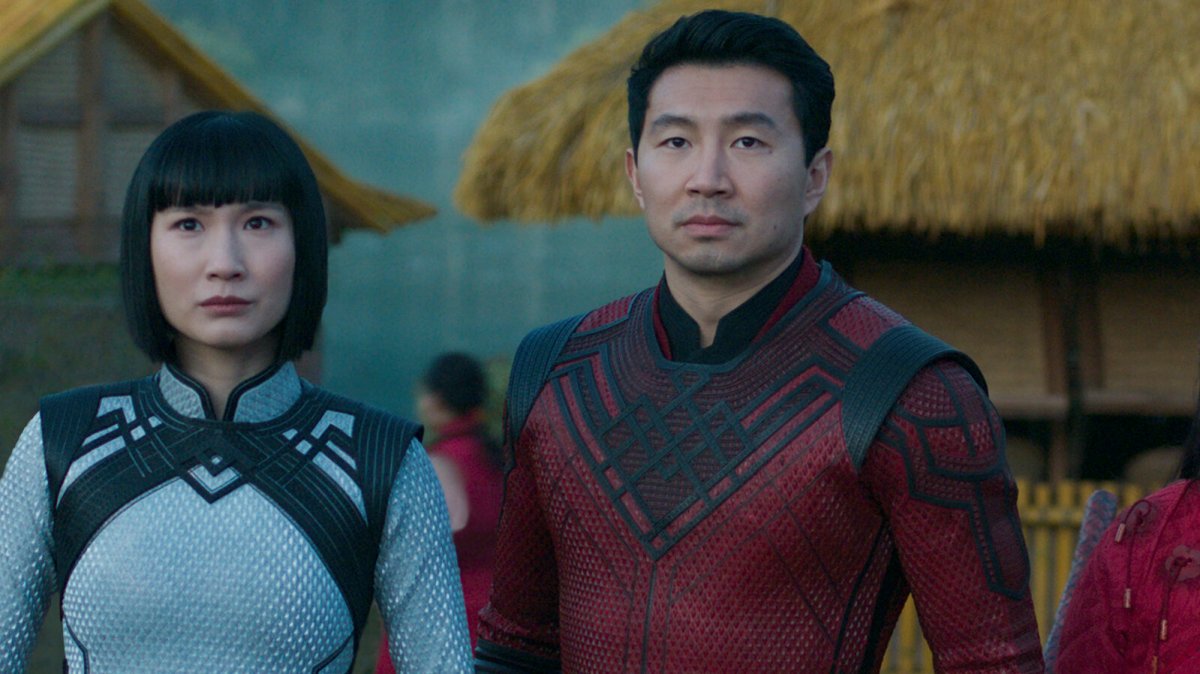
Again, it’s possible to exaggerate the difference between something like A History of Violence and Fantastic Four, or between Sin City and Batman Begins. Still, the arrival of the Marvel Cinematic Universe (MCU) in 2008 changed everything. It established a template for how these films were made, an assembly line to put these movies together according to a familiar blueprint. That model was embraced by other studios working in other genres, even other production houses at Disney.
There is a reason why much of the discussion over the ubiquity of these kinds of movies uses the term “Marvel movie” synonymously with “comic book movie” or “superhero movie.” There is a house style that dictates the form and shape of these movies: the VFX pipeline, the color correction, the generic soundtracks, the self-aware dialogue, the computer-generated third act, the crossovers, the outsourcing of action, the reluctance to embrace anything outside the familiar template.
The problem isn’t the volume of comic book adaptations. It’s that there are too many of those adaptations following the exact same template, in the exact same genre, with the exact same dialogue style, with the exact same color grading, with the exact same climax, and with no interest in anything beyond that. The problem is the flattening of “comic book movie” to “superhero movie” and “superhero movie” to a particular kind of superhero movie.
Feige points to Gone with the Wind, and it’s not an unreasonable point of comparison given the success that Marvel Studios enjoyed with films like Avengers: Infinity War and Avengers: Endgame. However, his answer ignores the historical context of Gone with the Wind. Gone with the Wind was a triumph of a certain kind of studio picture, a particular way of making movies. It wasn’t just an adaptation; it was a big sweeping epic.
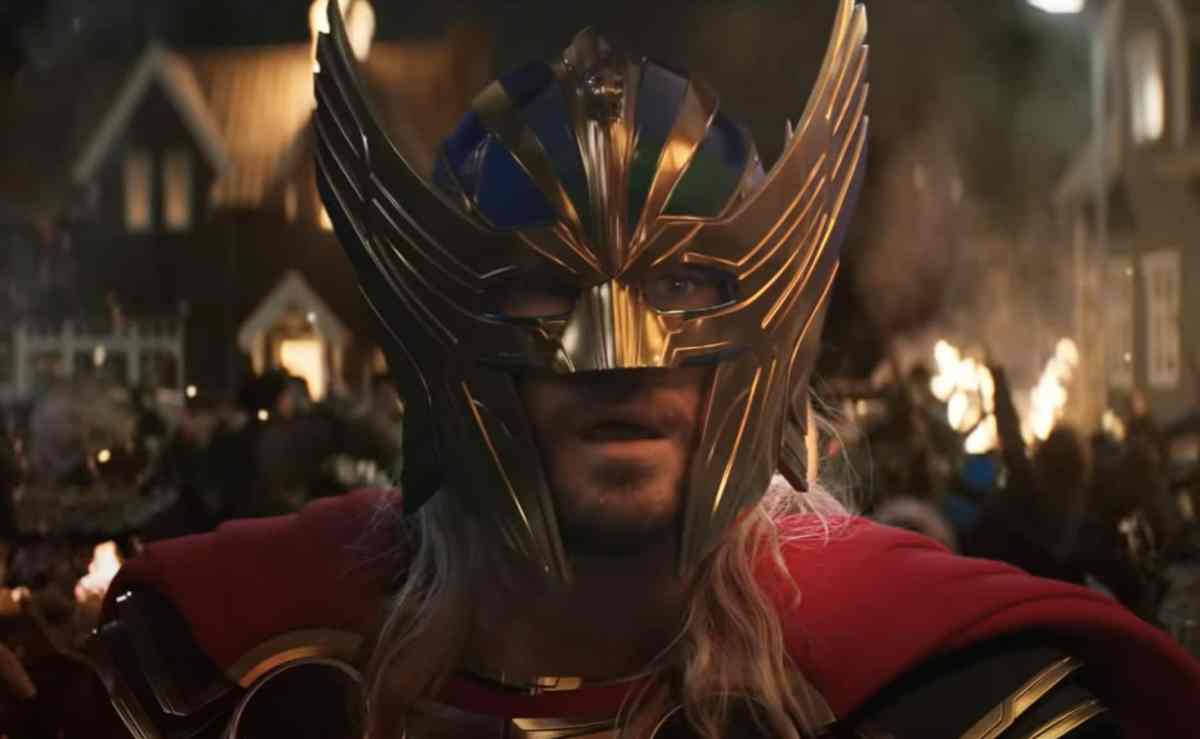
Audiences eventually tired of those big sweeping epics like Gone with the Wind. The model became unsustainable, and the system had completely collapsed by the late 1960s. The studio responsible for Gone with the Wind, MGM, basically collapsed during the early 1950s. It was recently snapped up by Amazon. Audiences grew tired of the numbing spectacle offered by epics like Gone with the Wind, and so the industry transitioned into a new mode that favored different kinds of films.
Feige’s response to the question of superhero fatigue avoids all of this context, most obviously that Marvel Studios has made “comic book movies” synonymous with one narrow and restrictive model of storytelling that pumps out multiple movies and dozens of hours of television in a given year. It also glosses over the fact that Gone with the Wind was the peak of a certain kind of movie-making, and the industry faced a seismic readjustment afterwards.
It is, of course, too early to talk about “superhero fatigue” as a market force. However, there are some distant rumblings on the seismograph. Of the six MCU films released between Thor: Ragnarok in November 2017 and Black Widow in June 2021, only Ant-Man and the Wasp failed to break a billion. In contrast, the only one of the seven films in the company’s Phase Four to earn over a billion dollars was Spider-Man: No Way Home, which was largely overseen by Sony.
Of course, there was a global pandemic, so it is probably better to talk about relative performance. Marvel Studios topped the global box office in 2016, 2018, and 2019. While all three of its theatrical releases from 2022 place in the end-of-year box office top 10, there is a sense the company’s grip on the monoculture is loosening. Certainly, reviews have generally been weaker for the studio’s more recent output. Again, these are just rumblings. There is no earthquake, yet.
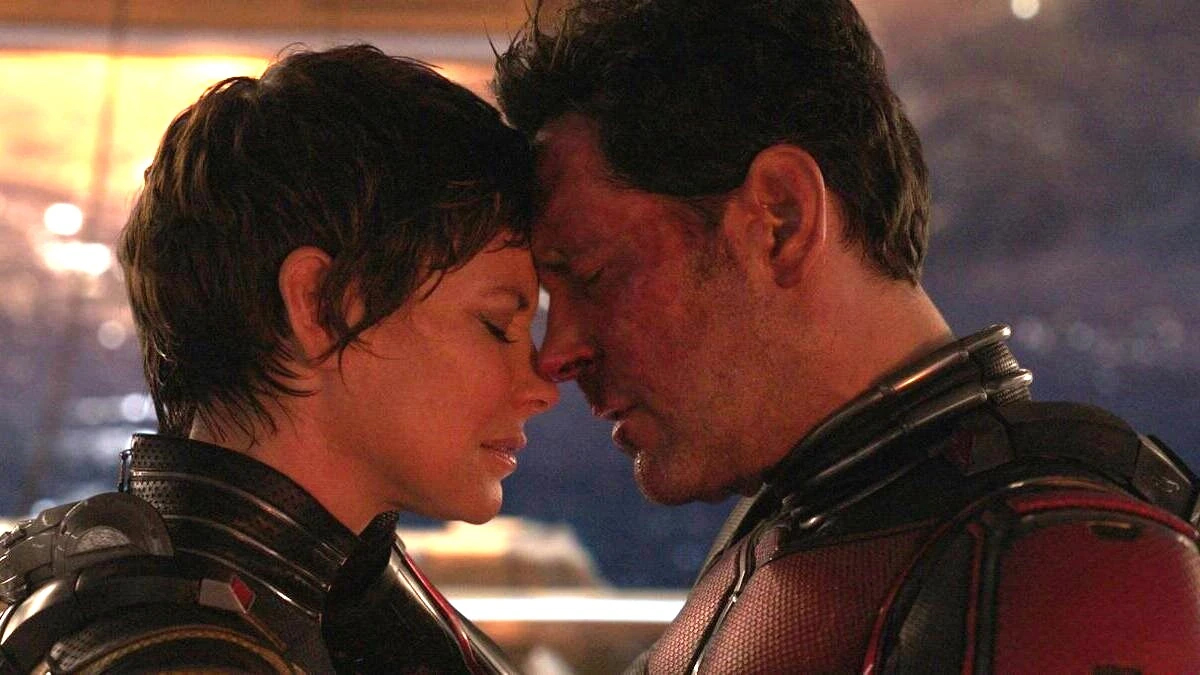
There is a sense the studio knows this and is trying to combat the perception. However, the studio’s response has been to double down on what already works. The answer is always more. Of course, Avengers: The Kang Dynasty and Avengers: Secret Wars will undoubtedly make a lot of money. However, with this shift in the air, it really feels like Feige and Marvel Studios should maybe consider their Hollywood history and start trying to figure out how to keep the genre fresh and exciting.
To be fair, there are wonderful examples of how versatile comic book — and superhero — storytelling can be. Logan blended the superhero template with the revisionist western. Spider-Man: Into the Spider-Verse demonstrated the potential of animation and a genre-savvy audience to tell a charming version of a familiar story. However, those movies exist outside of the Marvel Studios framework; it is unlikely they ever would have been developed within the company.
Reports of superhero fatigue are perhaps exaggerated. However, if Marvel Studios doesn’t have any new tricks, it’s hard to blame the audience for stifling a yawn.
